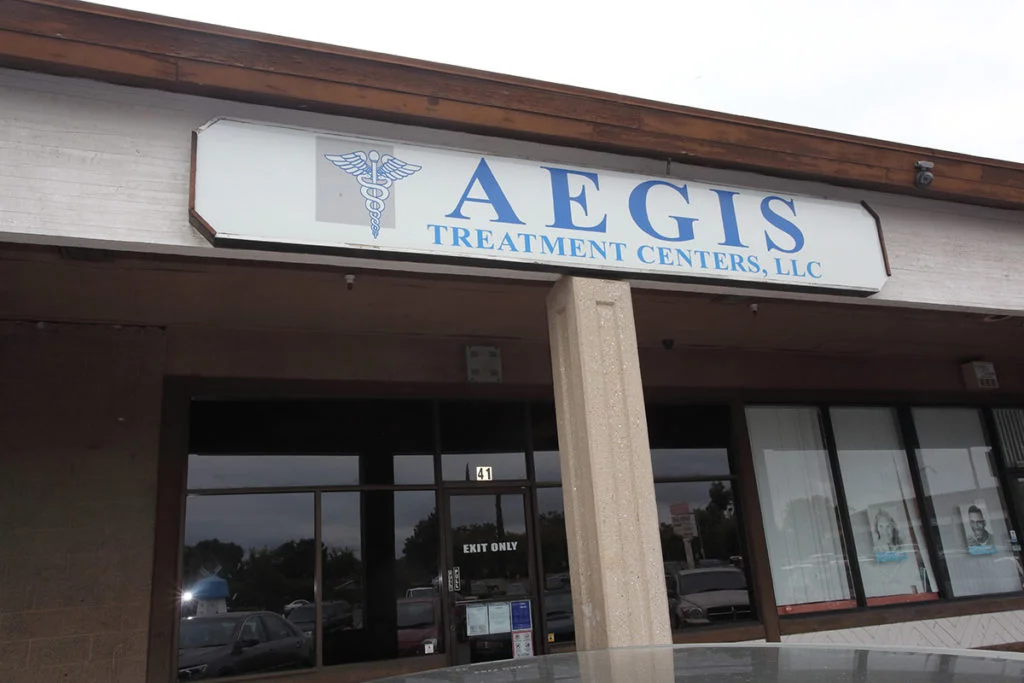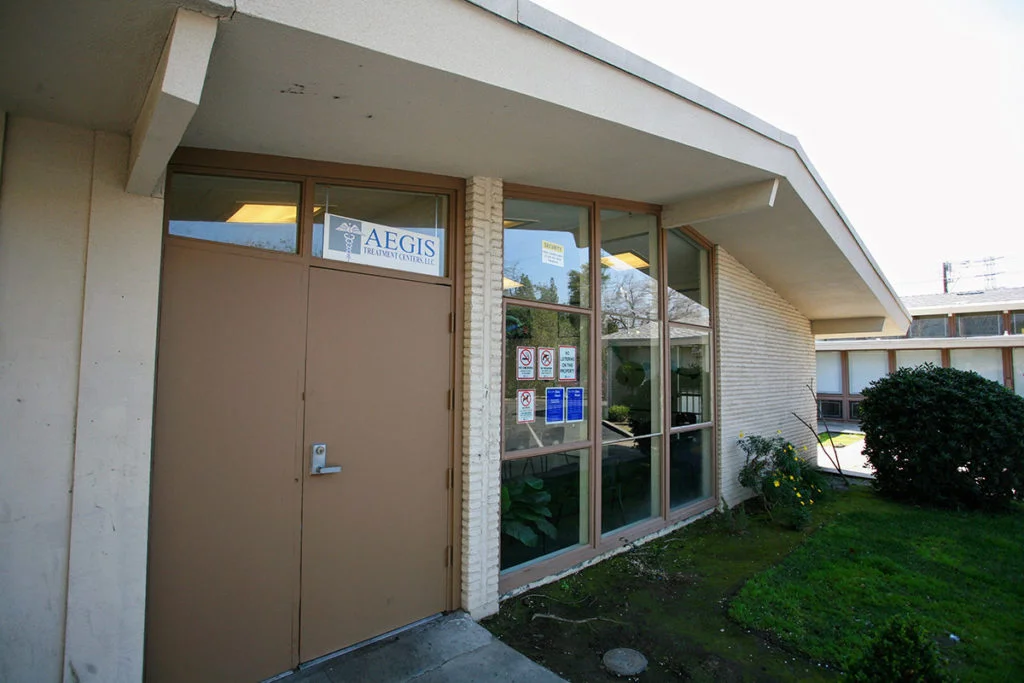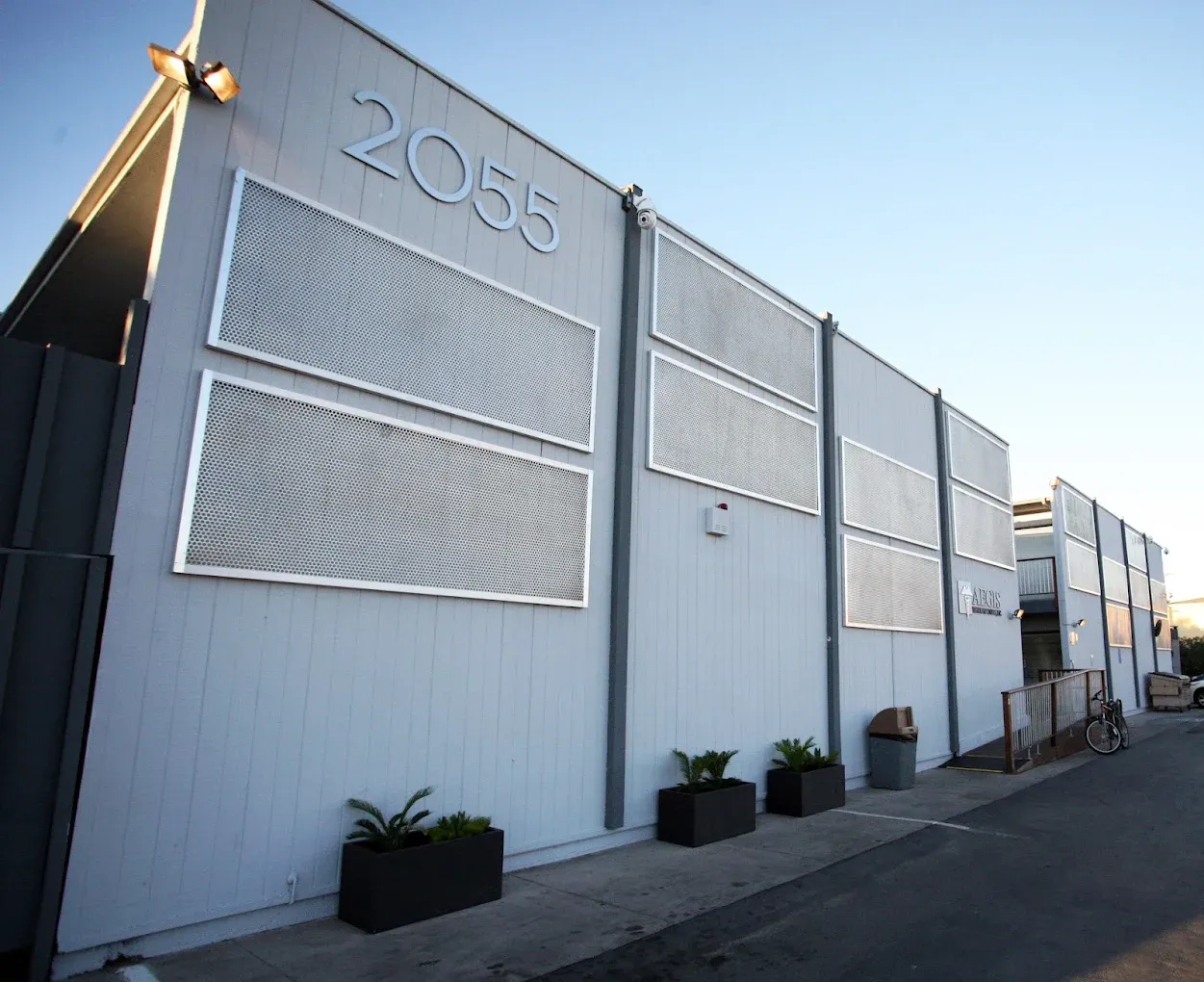AEGIS Treatment Centers Information
Treatment
Who We Treat
- Male and Female
- Pregnant/Postpartum Women
- Pregnant Women
Treatment Focus
- Opioids
- Medication-Assisted Treatment
Approaches
- Individual Treatment
- Evidence-Based
- Medical
- Group Therapy
- Cognitive Behavioral Therapy (CBT)
- Motivational Interviewing
- 1-on-1 Counseling
- Meditation & Mindfulness
- Medication-Assisted Treatment (MAT)
- Life Skills Training
- Relapse Prevention Counseling
Conditions We Treat
- Depression
- Anxiety
- Co-Occurring Disorders
Substances We Treat
- Alcohol
- Opioids
Languages
- English
Level of Care
- Outpatient
- Virtual & In-Home Care
- Co-Occurring Mental Health
Experience
Special Considerations
- Gender-specific groups
Smoking and Vaping Policy
- Smoking Allowed in Designated Areas
- Vaping Allowed in Designated Areas
Additional Locations
AEGIS Treatment Centers Accepts The Following Insurance Plans
Find the best treatment options. Call our free and confidential helpline today!






















